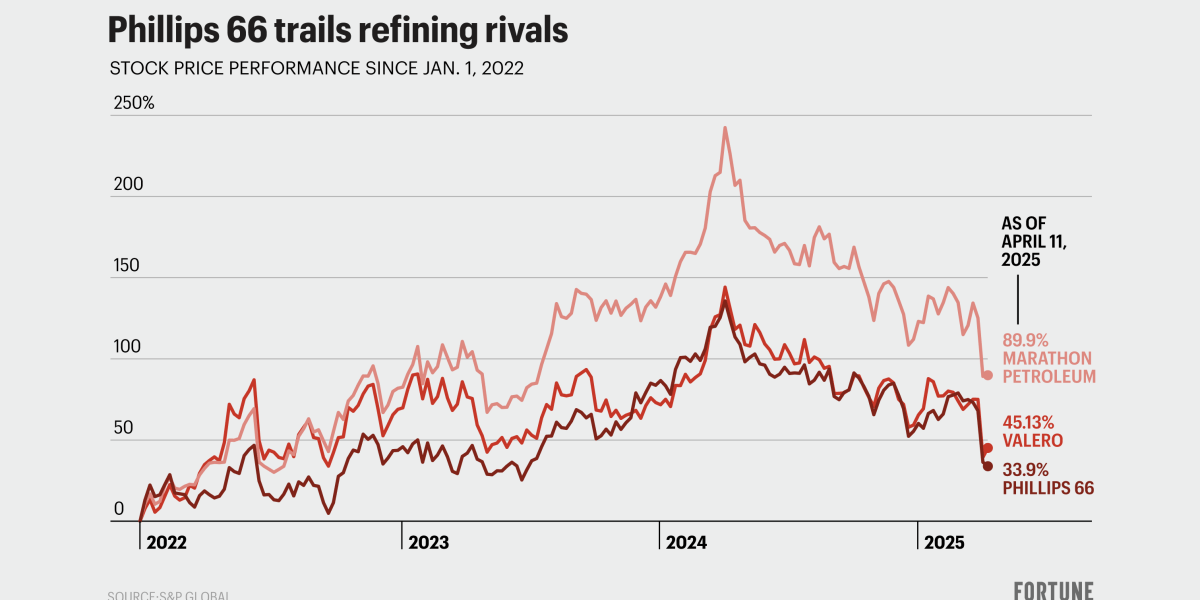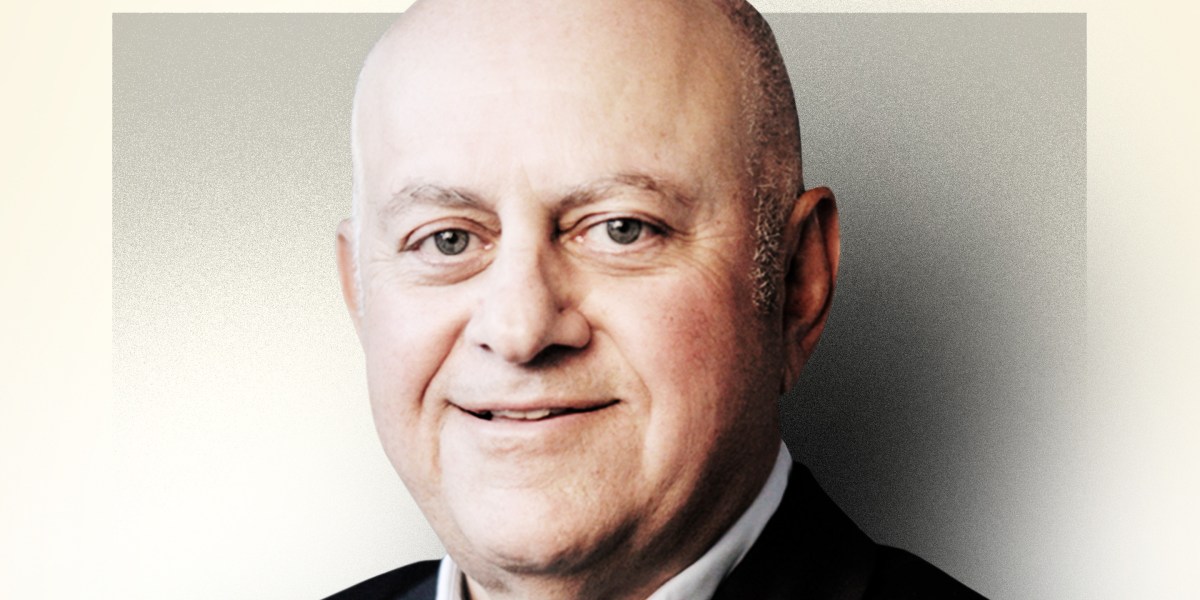Is your workforce burned out?
Some 36% of U.S. workers are burned out, and 33% feel more burned out now than they did this time last year, according to a recent report from staffing firm Robert Half. And employee burnout can be pretty costly: Burned out individual contributors can cost US companies an average $3,999 per hourly worker and $4,257 per salaried worker, a recent American Journal of Preventive Medicine study found. These costs jump to $10,824 per manager and $20,683 per executive.
“What hurts companies more than anything, it’s managerial burnout,” said John R. Miles, CEO and founder of leadership firm Passion Struck. “When a manager doesn’t feel like they matter, the entire team feels it. If you have a disengaged manager, you’re likely going to have a disengaged team.”
What does it look like? Employee burnout can result in increased absenteeism, sick days, attrition, and turnover, Leah Phifer, an employee engagement expert and founder of consulting firm WhyWork, told HR Brew.
Leaders experiencing burnout may exhibit unusual-for-them irritability, short tempers, and impatience with employees and peers, she said, and lead to decreased productivity, performance, creativity, and innovation among employees.
And for leaders, it can have a “social contagion effect” on the organization, she said.
“When [leaders] walk into a room, and their face is really drained or stern, it doesn’t matter how the people in the room are feeling,” she said. “They could have been buoyant and celebratory, but as soon as that manager walks into the room looking completely drained and exhausted, it’s going to affect the mood in that room.”
What’s causing leadership burnout? Burnout isn’t caused simply by workload, Miles said. It can stem from a “mattering erosion,” when employees feel like who they are, what they value, and what they do aren’t important.
“It’s not as if burnout happens over a short period of time. It builds up in a matter of micro-losses,” Miles said, like when employees are made to feel “less than” or excluded by coworkers, or sacrifice time with friends and family, or on their health, to work.
When this happens, everyone in an organization can end up in a “downward spiral” toward burnout, he said.
What can HR do? HR pros can help combat burnout by flagging “emotional shifts” to leadership, Miles said. That way, they can mitigate burnout in its early stages, before it becomes “difficult to counteract.” HR should be the place, Miles added, where leaders can share “what’s hard, what’s working, and what’s breaking them down.”
“Who’s supporting the support?…We treat managers like they’re buffers in the organization,” Miles said. “They’re the ones that we’re expecting to absorb change, deliver the hard news, [and] mediate emotional challenges. But I think what we’re not doing is we’re not checking in on their capacity.”
Phifer recommended HR pros also help leaders recognize their unique burnout symptoms, so they can communicate how they’re feeling with their employees and colleagues. If they don’t, she added, their team may experience retention issues.
This report was written by Mikaela Cohen and was originally published by HR Brew.
This story was originally featured on Fortune.com
Source link

 Entertainment8 years ago
Entertainment8 years ago
 Politics8 years ago
Politics8 years ago
 Entertainment8 years ago
Entertainment8 years ago
 Entertainment8 years ago
Entertainment8 years ago
 Tech8 years ago
Tech8 years ago
 Tech8 years ago
Tech8 years ago
 Tech8 years ago
Tech8 years ago
 Politics8 years ago
Politics8 years ago







